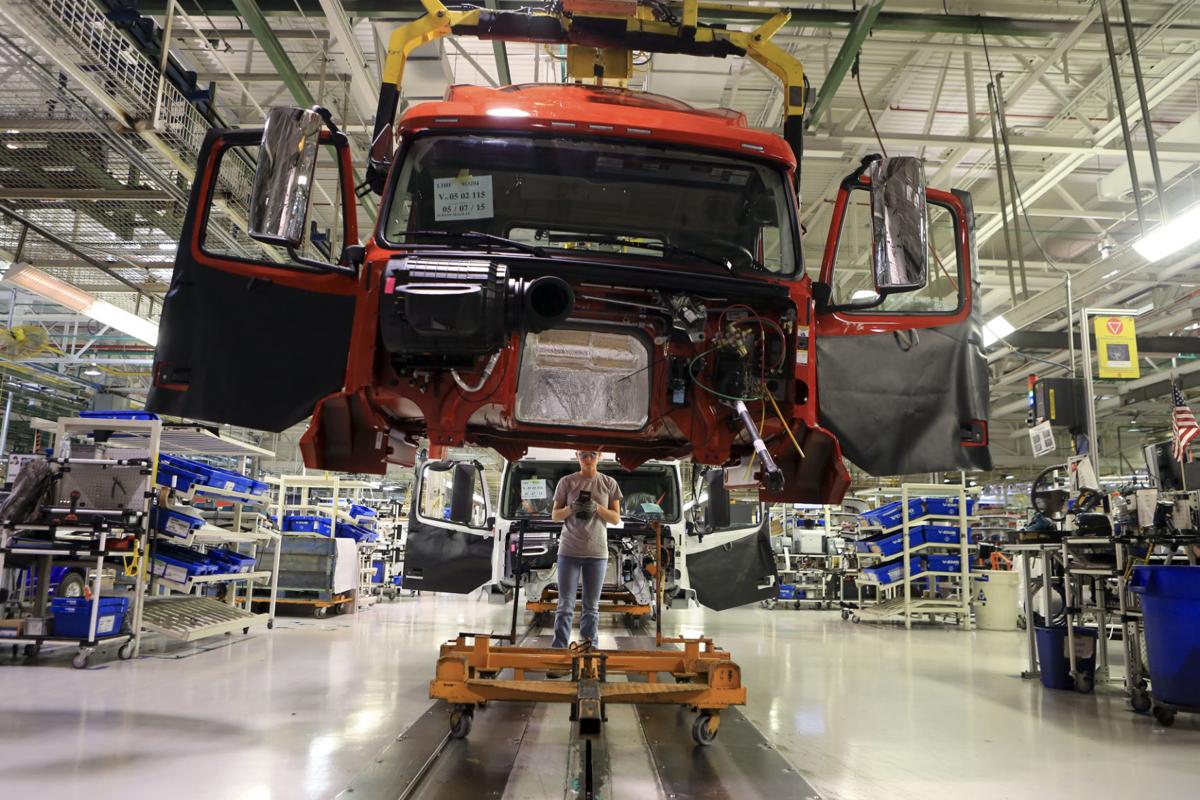Volvo Cars of Sweden, a company owned by China, announced on Thursday that it would reduce its white-collar workforce in Sweden by 1,300 positions as a cost-cutting measure.
The CEO of the company, Jim Rowan, stated that the cost-cutting measures implemented in the previous year have begun to bear fruit, but the company must take further steps to reduce costs.
Rowan cited various economic challenges such as economic headwinds, increased competition, and elevated raw material prices that could persist for some time, as reasons for the move.
The layoffs affect approximately 6% of Volvo’s Swedish employees, according to the company. However, Volvo’s announcement stated that the cost-cutting measures would also extend to its global operations in the coming months.
In late April, the carmaker had reported a drop in profits for the first quarter, despite a 10% increase in sales. The company sold about 162,900 vehicles in the quarter, representing a 29% increase in revenue to 95.7 billion kronor ($9.3 billion). However, the company’s net profit decreased to 3.98 billion kronor from 4.5 billion a year earlier.

Volvo, which aims to be fully electric by 2030, also disclosed that one in five cars sold in the first quarter was electric.
The announcement comes at a time when the car industry is facing economic challenges such as supply chain disruptions, increased raw material prices, and rising competition. The company is seeking to remain profitable while it transitions to electric vehicles and adjusts to the changing economic landscape.
Volvo’s decision to cut jobs is a strategic move to reduce costs as it seeks to remain profitable. The carmaker is among the many companies in the automotive industry facing challenges due to various economic factors.
The CEO’s statement suggests that the company anticipates challenges to persist, and further measures may be required to keep the company afloat. However, the company’s shift towards electric vehicles indicates a long-term plan to remain competitive and adapt to a changing market.
Volvo Cars’ cost-cutting measures
The CEO cited economic challenges such as economic headwinds, increased competition, and elevated raw material prices that could persist for some time as reasons for the move.
While the layoffs affect only Sweden, the company said it would extend cost-cutting measures globally in the coming months. The carmaker is seeking to remain profitable as it transitions to electric vehicles and adjusts to the changing economic landscape.
The announcement by Volvo Cars of Sweden to cut 1,300 white-collar jobs in Sweden will likely have significant impacts on the affected employees and their families.
Losing a job can be a stressful and uncertain experience, especially in a challenging economic environment. The laid-off employees may face difficulties finding new employment, and it may take some time for them to adjust to the new situation.

The job cuts could also have a ripple effect on the wider community and economy. The affected employees may reduce their spending, affecting local businesses and the broader economy. There could also be knock-on effects on the housing market, as some employees may need to move or downsize due to the loss of income.
On the other hand, the job cuts could be viewed positively by investors and stakeholders. The cost-cutting measures may help the company remain profitable and competitive in the long run, which could boost investor confidence and lead to increased investment in the company. This could, in turn, create new jobs and stimulate economic growth.
Volvo Cars has a long-standing reputation for producing cars that prioritize safety and reliability, and this has been a key part of its brand identity. In recent years, Volvo has also become known for its focus on innovation, particularly in the area of electric and autonomous vehicles.
Overall, the impact of the job cuts will depend on various factors, including the speed of the economic recovery, the ability of affected employees to find new employment, and the success of the company’s cost-cutting measures.












